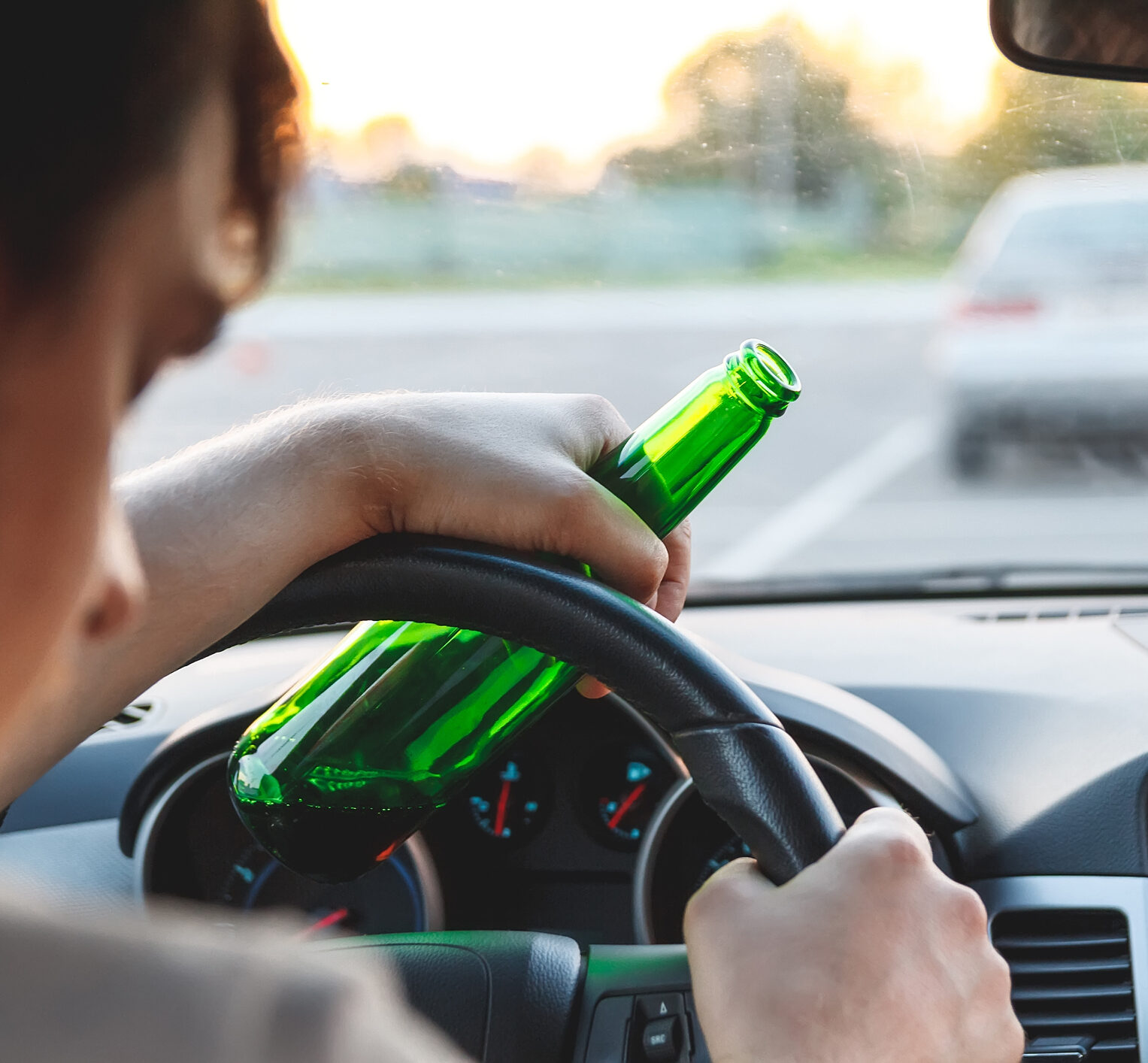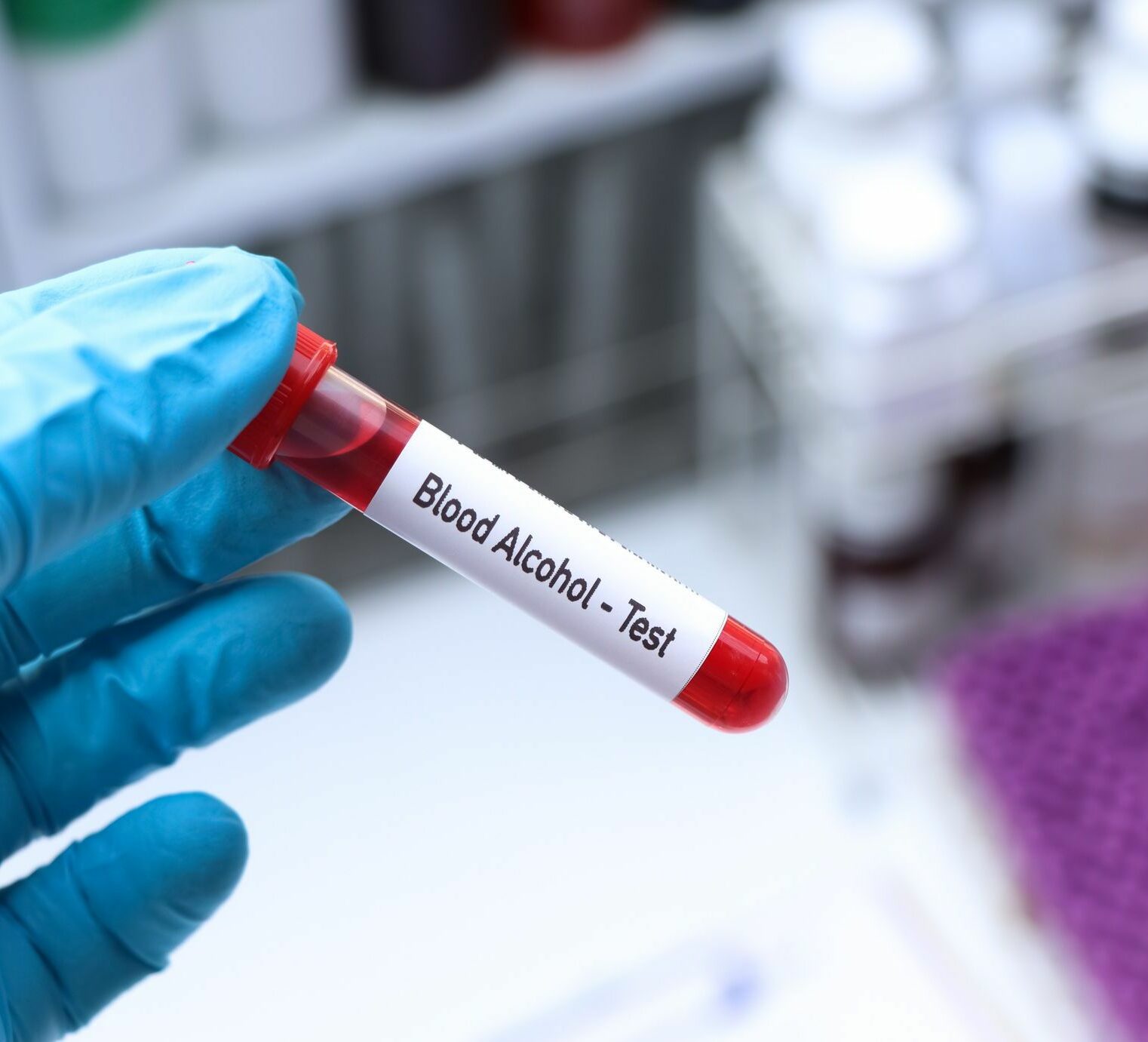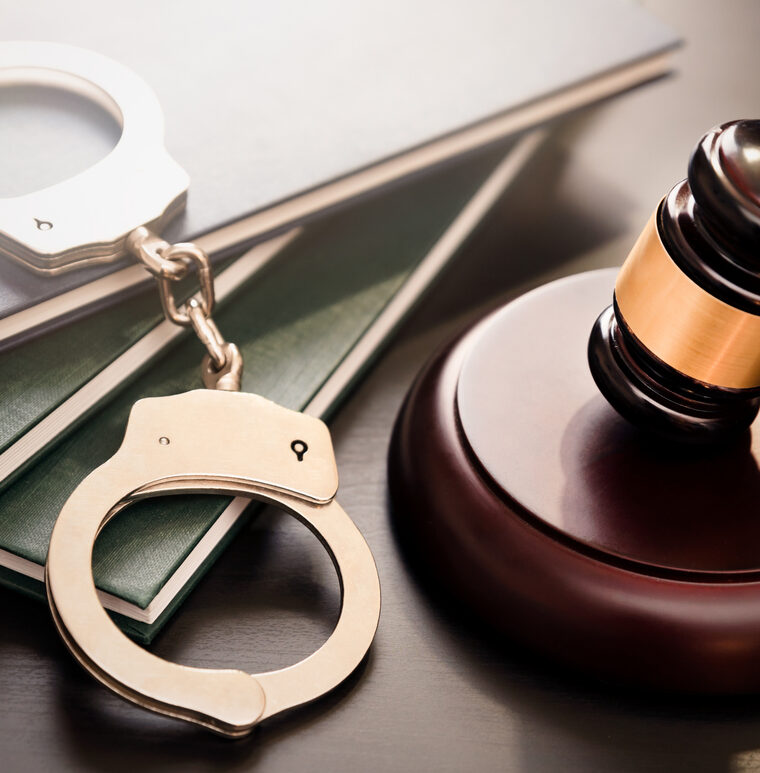
20+
years of experience

100+
5-star reviews

100%
criminal defense
In North Carolina, it’s illegal for underage drivers to consume alcohol before getting behind the wheel. If you or your child has been charged with driving after consuming alcohol while under the age of 21, they could face consequences that may impact the rest of their life. To protect your child’s future, consulting an experienced attorney is vital.
Hiltzheimer North Carolina Driving After Consuming While Under the Age of 21
At Hiltzheimer Law Office, our North Carolina driving while consuming while under the age of 21 lawyers understand that being convicted of this offense can mean jail time as well as serious fines. We work tirelessly to help overcome your child’s charges and prevent consequences like license revocation. Because each of our clients is an individual, you will never get a cookie-cutter defense when you hire us.
Don’t wait to get the defense your loved one needs after being charged with driving after consuming. Schedule your consultation with us today.

What Is Driving While Consuming While Under the Age of 21 NCGS § 20-138.3 in North Carolina?
Around the country, the legal blood alcohol concentration (BAC) limit is 0.08%, but that limit only applies to people who are 21 and older. North Carolina General Statute 20-138.3 forbids any underage driver from having a blood alcohol concentration above 0.00%, or having a non-prescribed controlled substance in their system. It’s a zero-tolerance offense, which means your child doesn’t have to be impaired to be charged.
Specifically, driving while consuming while under the age of 21 North Carolina laws state that those under 21 can’t operate a motor vehicle on a public vehicular area or highway while drinking alcohol or if there’s any trace of previously consumed alcohol in their systems.
Keep in mind that this isn’t just an impaired driving offense but also what’s known as an implied consent offense. This means that if a police officer suspects that an underage driver has been drinking, they can ask them to submit to an alcohol assessment, or “chemical analysis.” They can be charged with both driving after consuming and driving while impaired, depending on the results of a breath test or blood test, if any alcohol or controlled substance that was not consumed in accordance with a valid prescription is found in their system.
Blood Alcohol Concentration (BAC) Limit for Minors in NC
The BAC limit for those under the legal drinking age is 0.00%. Any amount of alcohol in the blood while operating a motor vehicle can get your loved one charged with a driving after consuming offense. The same is true for any amount of a controlled substance unless it was “was lawfully obtained and taken in therapeutically appropriate amounts.” If their blood alcohol concentration is 0.08% or higher, or if the charging officer believes the driver was “appreciably impaired” – regardless of BAC – they can also be charged with a driving while impaired offense.

Defenses and Legal Options
One of the first things that underage drivers have to know is that they don’t have to take the roadside breath test (PBT, or portable breath test). They have the right to refuse, but they may be arrested if they do so. Still, there will be no official record that they had a BAC that breaks this law. Refusal of a breath or blood test at the police station or jail is a separate question, and a refusal of that test can result in a license suspension in addition to any consequences of the case itself. In many cases, if a driver refuses the breath test at the police station, the officer will simply obtain a warrant and take a blood draw.
Whether they take the test or refuse, there are a number of potential strategies we can use.
Potential Defense Strategies
Our driving-after-consuming lawyers can assess your child’s case to understand all of the details so that we can build a robust defense. For example, we can evaluate whether the original traffic stop was legal. If law enforcement lacked “reasonable suspicion” to stop them in the first place, any information they obtain during the stop can be thrown out. That’s often enough to get charges dropped.
Another common defense strategy is to challenge probable cause for arrest. The arresting officer must have sufficient objective evidence to justify placing the driver under arrest. This can be a more difficult strategy when dealing with Driving After Consuming cases, as opposed to Driving While Impaired, because the standard of proof is very low with respect to an underaged driver.
Another strategy available is challenging whether the breath testing equipment functioned correctly or whether the officer followed the required protocols. If the officer, or “chemical analyst,” didn’t follow protocol, that could also serve as a basis to have the results thrown out.
Additionally, if your loved one has medical conditions like acid reflux or GERD, that can also impact BAC results, especially when dealing with roadside tests. Even having used mouthwash recently can result in a BAC reading higher than 0.00%.
We can also rely on a defense that states there’s insufficient evidence to prove what your child’s been charged with. If we can create reasonable doubt as to any element of the offense, there’s a chance your child can avoid facing the most serious consequences.
At Hiltzheimer Law Office, our driving-after-consuming lawyers can help you prepare a powerful defense so that your child doesn’t face life-altering consequences. The moment they’re charged, it’s vital to contact our team of criminal defense lawyers.
Prayer for Judgment Continued
Alternatively, if there is no viable defense to the charge, after a guilty plea or verdict, the judge may grant a “prayer for judgment continued,” or PJC. A PJC is available within the discretion of the judge on a Driving After Consuming While Under 21 charge, but not on a DWI. A Driving After Consuming lawyer can help advocate for a PJC, and can provide guidance on whether it may be a possibility in your case. If a PJC is granted, that allows the driver to avoid a license suspension and insurance points, but will not prevent the charge from showing up on their driving record.
For the best chance of getting this option, they will need to complete any recommended alcohol classes. Sometimes, completing community service before going to court can help the judge see them in a favorable light. Our attorneys will provide detailed advice for steps that can be taken in mitigation while the case is pending to put your child in the best position possible as the case moves forward.
Penalties of Driving After Consuming While Under the Age of 21
Driving after consuming alcohol is a Class 2 misdemeanor, which means it could result in a criminal record if your child is convicted. They can face similar consequences to a DWI conviction.
The penalties for driving while consuming will generally mean a one-year license revocation. There may be a sentence of up to 60 days of jail time, though this is not as common as probation. Jail time is unlikely without a prior record or more serious circumstances.
Serious fines can also come with a conviction, which can be as high as $1,000, in addition to court cost.
If they’re charged and convicted for both driving after consuming and impaired driving, they can face even more significant penalties. For instance, they may end up with a criminal record that could impact their future opportunities, including getting financial aid to go to school and even not being able to apply for certain future jobs.

Limited Driving Privilege After a DAC Conviction
If your child has an experienced attorney representing them, it may be possible to get them limited driving privileges in certain circumstances so that they can continue driving after a license revocation. This can ensure that they can study or work. Limited driving privileges are only available for people who were 18 when the offense occurred and have no prior similar convictions.
Seeking Help and Support
If your child has been charged with driving after consuming alcohol while under 21, they need a skilled attorney to help them navigate the legal system.
Underage drinking or using any controlled substance while operating motor vehicles is taken very seriously in North Carolina, and a conviction for it could result in everything from fines to driver’s license revocation and jail time. Your child needs a knowledgeable advocate who will fight for their rights.
With our lawyers by your family’s side, you can count on having a seasoned team that can assess the case and work hard to prove that your child shouldn’t receive the most serious consequences.
We can investigate whether the police officer respected their rights, along with going over every piece of evidence against your child to see if it was legally obtained.
By getting a good sense of the case, we can tailor our strategies to suit your child’s specific needs.

Contact Our Experienced Attorneys in North Carolina
Don’t wait to start putting together a strong defense after your child is accused of driving after consuming alcohol. At Hiltzheimer Law Office, we have years of experience offering North Carolina clients the chance to return to their lives with as little disruption as possible. You can count on us to treat your child with the respect they deserve.
Contact our team of driving while consuming while under the age of 21 lawyers to schedule a free case evaluation today.
Frequently Asked Questions
A minor can be charged with Driving After Consuming if their blood alcohol level is higher than 0.00%, or with any amount of a controlled substance in their blood. By comparison, the legal BAC levels throughout the country for those of the legal drinking age is 0.08%.
If your loved one was convicted with a DWI, which requires that they be at or over the BAC limit of 0.08% or “appreciably impaired” on some impairing substance, they will not be eligible for any type of limited driving privilege if they were under 21 years old at the time of the offense. If your child was convicted of Driving After Consuming only, and not DWI, and your child was at least 18 years old at the time of the offense, then they may be eligible for a limited driving privilege during the one-year suspension period following a conviction.
North Carolina has no tolerance and implied consent laws in place for driving under the age of 21 while consuming. This means that your child can be requested to participate in a breath. They may be asked to submit to a blood test if the officer suspects consumption of a substance other than alcohol. A minor does have the right, however, to refuse.
Refusing to take the breath or blood test at the police station, however, means an immediate 30-day revocation of their license. This refusal will also be used against them if the case goes to trial. Even if your child refuses a breath or blood test, the officer can typically obtain a warrant for a blood draw very easily. A refusal can also result in an additional one-year suspension of their license by the DMV, through a proceeding that takes place separately from the court process.
Keep in mind that a police officer doesn’t have to give your child a breath test at the scene to charge them with driving after consuming alcohol. If they were driving erratically, for example, and the officer has probable cause to think they’re driving under the age of 21 after consuming in NC, they can arrest them for it without tests if they have probable cause based on the totality of the evidence.
Not all breathalyzer results are admissible in court. Numerical results from preliminary breath tests aren’t admissible because North Carolina courts have deemed them to be insufficiently accurate to be admissible, but they can serve to prove that the officer had a reason to arrest your child.
A minor’s license will be revoked if they’re convicted of a DWI while under 21 years of age. The revocation will last a minimum of one year and a minor convicted of a full DWI will not be eligible for a limited driving privilege during the suspension period.

Contact Us Today
Get your free consultation.

Call or Text: (919) 899-9404

Durham Office:
331 W Main St #604 Durham, NC 27701

Raleigh Office:
19 W Hargett St #508 Raleigh, NC 27601

Chapel Hill Office:
605 W Main St #206E, Carrboro, NC 27510

